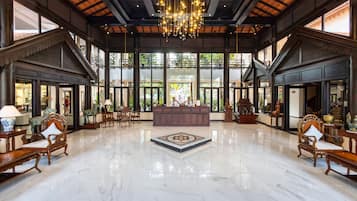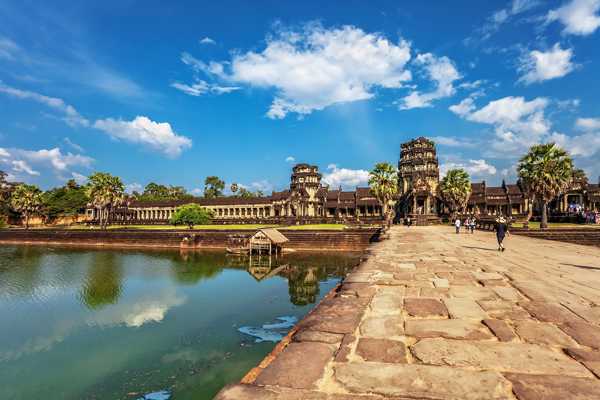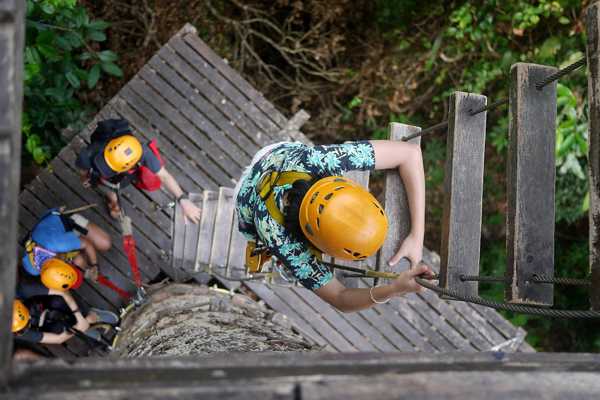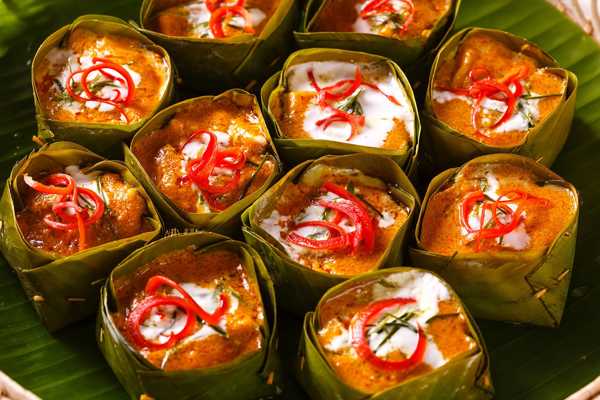The people of Cambodia are among the most resilient people on Earth. Having experienced years of tortuous war, poverty and horror, they remain courteous, friendly and welcoming.
You'll love the constant array of gentle and smiling faces and the best compliment to pay your hosts is to remain cool-tempered, calm and ready for some warm acquaintance, fun and even laughter.
- 1
Language

Cambodia's official language is Khmer, and this is spoken by the majority of the population. Even so, Vietnamese and several Chinese dialects can also be heard spoken here. Unlike the languages of Thailand, Vietnam, Laos and China, Khmer is non-tonal and has also picked up and adapted many words from Sanskrit and Pali. Khmer has also borrowed many terms from Chinese and European languages, particularly French.
The roots of written Khmer derive from a South Indian alphabet. It uses 33 consonants, 24 dependent vowels, 12 independent vowels, and diacritic markers. Vowels may be written before, after, over, or under a consonant symbol. About 50% of the Cambodian population is literate.
- 2
Cambodia population and people

Cambodia's population stands at an estimated 12 million, of which the Khmer make up 90%. Other groups include Vietnamese, Chinese, Thai and Burmese and various ethnic hill tribes. Many of the hill tribes live in the mountainous regions to the north and southwest of the country.
The Khmer account for 80% of agricultural workers, while the Vietnamese and Chinese dominate the business sector.
- 3
Religion in Cambodia

The state religion of Theravada Buddhism was first introduced to Cambodia during the days of the great Angkor kingdom, and it prospered ever since. For centuries, monks were the only literate people residing in rural communities and filled the important role of teachers.
However, in 1975, the Khmer Rouge massacred the majority of them and destroyed most of their temples and it was not until after the Vietnamese invasion that Buddhism was once again openly practised.



















